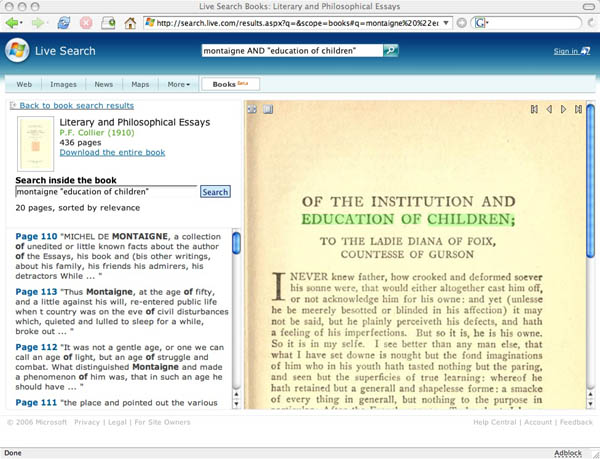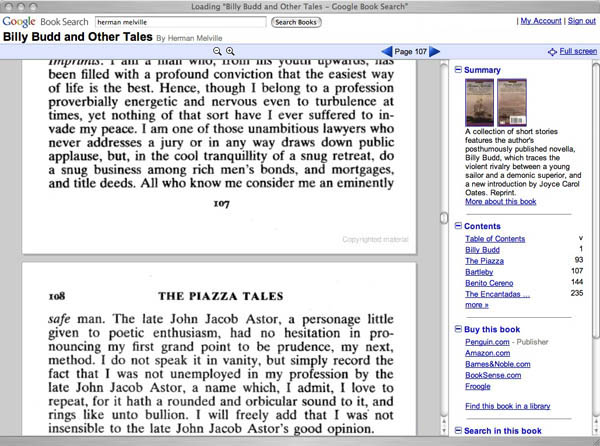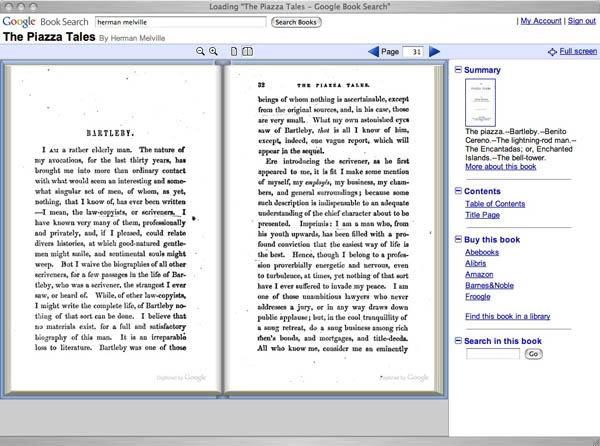If you haven’t already, check out Jonathan Lethem’s essay in the latest issue of Harper’s on the trouble with copyright. Nothing particularly new to folks here, but worth reading all the same — an elegant meditation by an elegant writer (and a fellow Brooklynite) on the way that all creativity is actually built on appropriation, reuse or all-out theft:
Any text is woven entirely with citations, references, echoes, cultural languages, which cut across it through and through in a vast stereophony. The citations that go to make up a text are anonymous, untraceable, and yet already read; they are quotations without inverted commas. The kernel, the soul–let us go further and say the substance, the bulk, the actual and valuable material of all human utterances–is plagiarism. For substantially all ideas are secondhand, consciously and unconsciously drawn from a million outside sources, and daily used by the garnerer with a pride and satisfaction born of the superstition that he originated them; whereas there is not a rag of originality about them anywhere except the little discoloration they get from his mental and moral caliber and his temperament, and which is revealed in characteristics of phrasing. Old and new make the warp and woof of every moment. There is no thread that is not a twist of these two strands. By necessity, by proclivity, and by delight, we all quote. Neurological study has lately shown that memory, imagination, and consciousness itself is stitched, quilted, pastiched. If we cut-and-paste our selves, might we not forgive it of our artworks?



